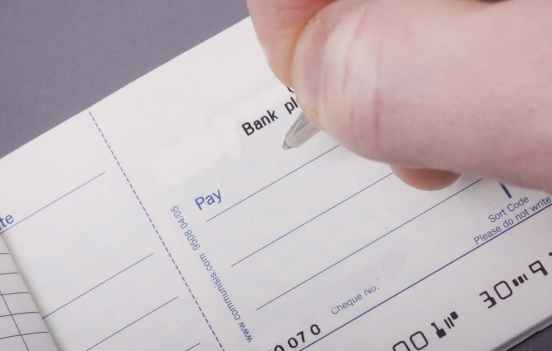Umamageshwari Maruthapan
The Supreme Court has suggested the establishment of additional courts to resolve the pending cheque bouncing cases. The proposal to set up this temporary law was made while hearing a suo moto case concerning the pendency of cheque bounce cases which, at present, requires a speedy disposal.
The Bench headed by CJI Bobde and comprising Justices L Nageswara Rao, BR Gavai, AS Bopanna, and Ravindra Bhat, took up this matter under section 138 of the Negotiable Instruments Act.
“The pendency that is rising due to the NI Act is grotesque. You can make a temporary law so that you say these courts exist for a particular period. You can appoint retired judges or experts,” the Bench suggested.
Solicitor General Tushar Mehta, Counsel for the Government, welcomed the move. “We need to have a wider discussion. Internally we have to work out the nitty-gritty,” the SG stated.
The Government has been given a week for submitting its statement on the suggested law and on the composition of the committee to deal with the pending cases.
The Apex Court had stated that cheque bounce cases from about 30% to 40% of the total pending cases in the trial courts and the High Courts. It further proposed the setting up of additional courts in this regard.
The Union Finance Ministry, earlier, had not welcomed the suggestion and came up with some alternatives. However, the Court disagreed with the Government’s stand and stated that the Centre has a power coupled with duty for better administration of laws made by the Parliament.
“Prima facie we are of the view that the Article confers a power coupled with duty on the Union of India to establish additional courts, for better administration of laws made by Parliament. There is no doubt or dispute about the fact that matters under the Negotiable Instruments Act have posed what by now has become an intractable problem accounting for close to 30 to 40 percent of the pendency in the trial courts and a very high percentage in the High Courts also,” the Court observed.
Recently, The Top Court took suo moto proceedings in this issue concerning the pendency of more than 35 lakh, which constitutes more than 15 percent of the total criminal cases pending in district courts.

